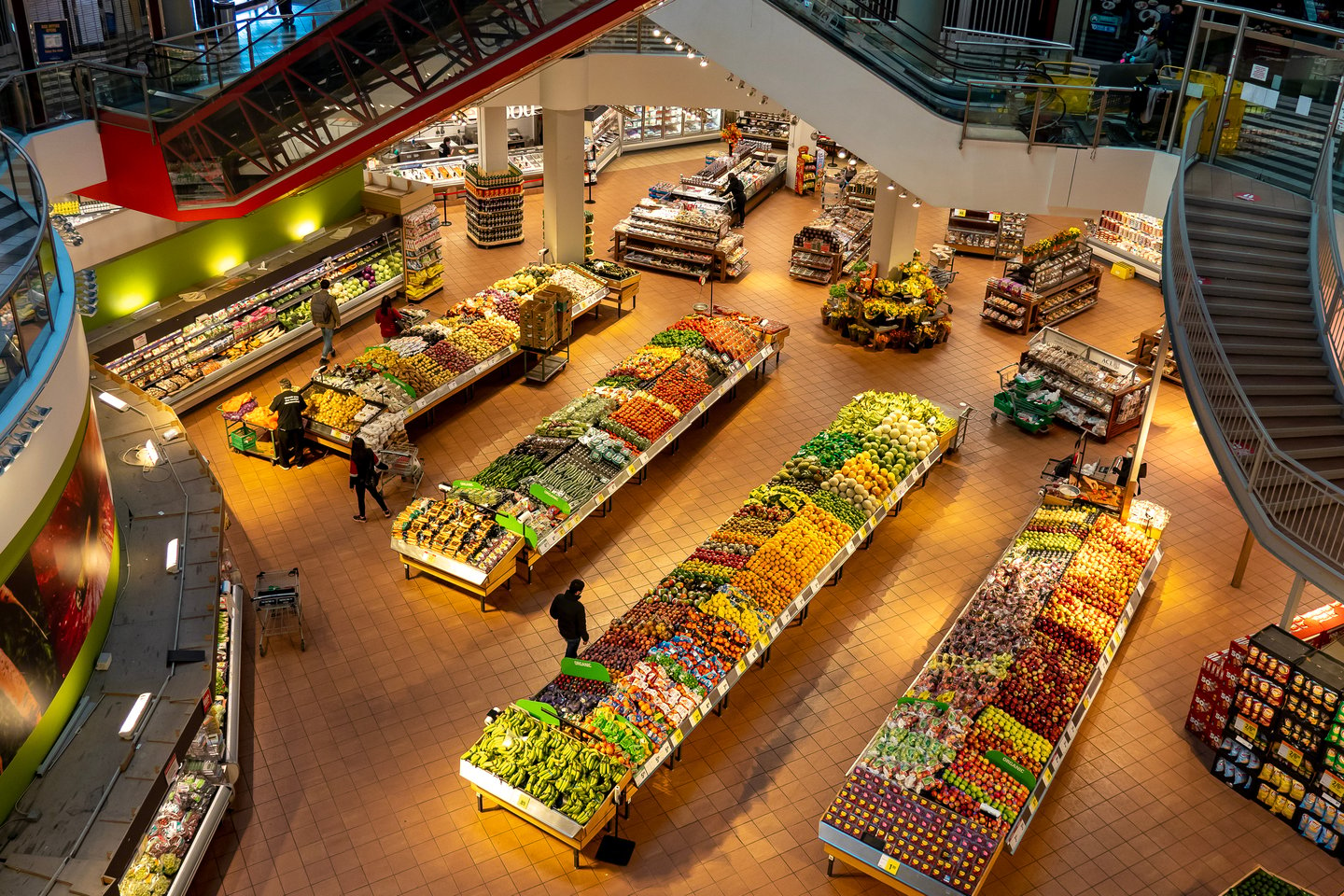Loblaw says grocery prices will continue to rise faster than overall inflation
Growth in food prices slowed last month, Statistics Canada reported Tuesday (Jan. 21), but Loblaw Cos. Ltd. expects the weak Canadian dollar, supply chain issues and a host of other factors to keep grocery costs elevated.
The retailer released its own food inflation report Monday, the day before Statistics Canada released its monthly consumer price index report for December.
According to the agency, grocery prices grew 1.9% year-over-year, down from 2.6% in November. Overall inflation fell to 1.8%.
“While food inflation has returned to more typical levels, grocery prices are still rising faster than overall inflation—a trend we expect to continue,” Loblaw said in the report.
The grocer cited the weak Canadian dollar as one reason, as much of the company’s fresh produce is imported and priced in U.S. dollars.
Others include ongoing supply chain issues, such as labour stoppages and natural disasters, supplier cost increases, which ranged from 1% to 30% in Loblaw’s fourth quarter of 2024, and rising production costs for essentials like fertilizers and energy, increasing the expense of growing and transporting food.
Loblaw also highlighted the growth of commodity prices, pointing out year-over-year costs for cocoa (up 103.6%), live cattle (21.6%) and coffee (18.2%).
Other products, such as wheat, vegetable oil and sugar, have seen price growth slow over the past year and rise quarter-over-quarter.
The good news? Loblaw said olive oil production is making a comeback after recent shortages. The retailer noted that prices won’t drop back to pre-pandemic levels, but should begin to ease compared to 2024.




